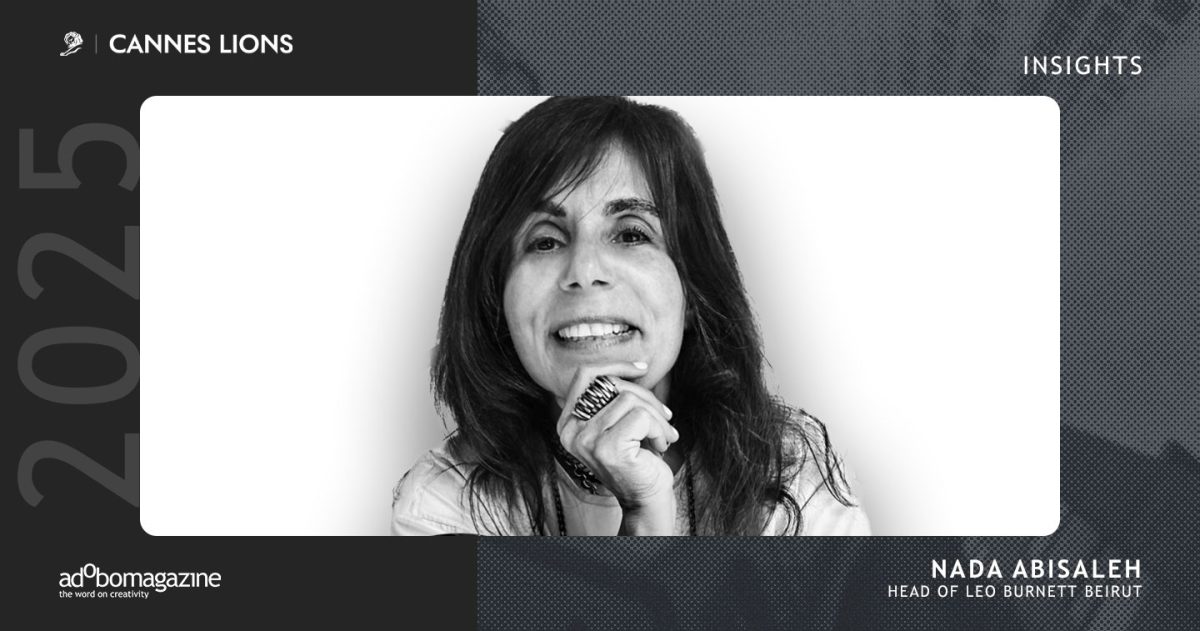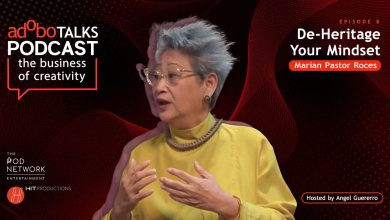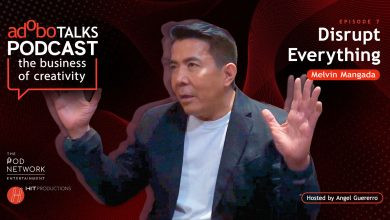CANNES, FRANCE – Glass, the Lion for Change, turned 10 this year. As someone who’s followed this category closely, I was eager to see how the work would reflect a decade of progress — and how far we still have to go.
At this year’s Cannes Lions International Festival of Creativity, 251 entries were submitted to Glass, with only 28 shortlisted.
- From representation to redistribution of power. It’s no longer enough to show or include marginalised voices. Glass winners will be expected to shift power, not just portray it, nor reward surface-level inclusivity and visibility. The most compelling ideas should acknowledge overlapping marginalisation (race, gender, disability, queerness, etc.) and depict layered inclusivity as opposed to one dimensional portrayals or check box diversity.
- Cultural reckoning, not comfort. Work that is uncomfortable, confrontational, and boldly political will rise. There is no longer space for soft advocacy, but for cultural disruption. Exposing hard truth cultural shifts requires cultural friction.
- From allyship to accountability, true change lies first and foremost in internal transformation. In 2026, Glass winners will be more than ever those who clean their own house while telling powerful stories. Brands and companies should walk the talk internally and externally. I expect we’ll see more entrants next year in the Internal Practices and Values sub-category.
- Beware of cause-washing, we will see more brands jumping on the DEI bandwagon, but Glass 2026 should reward honesty, authenticity, uncompromising creativity, and irreversible long-term impact and commitment.
Glass is a Lion not for fame, but for change
While most participating campaigns did drive change and led to some impact, we rewarded the work that was real, authentic, and embedded in real life issues. More than ever, the Glass in category should set the highest standards for recognizing creativity that drives real, lasting transformation within systems, communities, and brands themselves, to reshape the realities and the lives of marginalized communities with inclusivity and authenticity.
A Lion beyond great metrics
Glass, the Lion for Change, is now less about awareness, big numbers, good intentions, or empathy. IMPACT is set to become THE defining criteria for Glass.
What matters, going forward, is what changed, for whom, and for how long. It’s no longer about top-down purposeful work but work that is grounded in the lived experiences of those it serves, with long-term transformation.
A Lion is not safe, nor simple
Going forward, the work that will be worthy of Glass is the work that will correlate the depth of the issue with the depth of the solution, with proven action, authenticity, long-term commitment by the brands, with creativity at the heart of it all. Great Glass work should understand that identities are not linear but multi-dimensional.
Two builds worth highlighting:
- Beware of categories where “impact” makes up 50% of the score: In categories where impact makes 50% of the rating, this will automatically skew judging to more established brands with a proven track record in terms of results and long-term change. This will significantly put at a disadvantage new entrants or start up vs multinational brands.
- Beware of the increasing lack of differentiation of the judging criteria between Glass and other Cannes Lions categories: The lines are increasingly blurry between Glass, Titanium, Creative Strategy, Creative Effectiveness, and SDG. To me, the judging criteria felt and sounded the same for several categories.
For jurors, this can dilute our focus from core content. More categories, more inclusivity, and more causes means more time needed to, say, assess the work of a multinational company vs a start up; or assess a gender equality cause vs disability vs LGBTQ+ vs race; or reward an entry in Glass vs Innovation. These debates meant less time for assessing the work itself.








